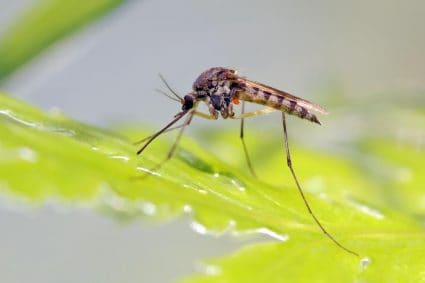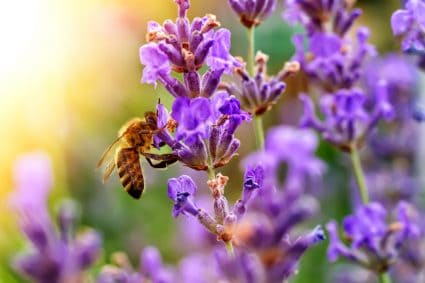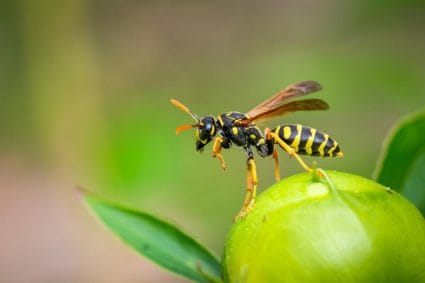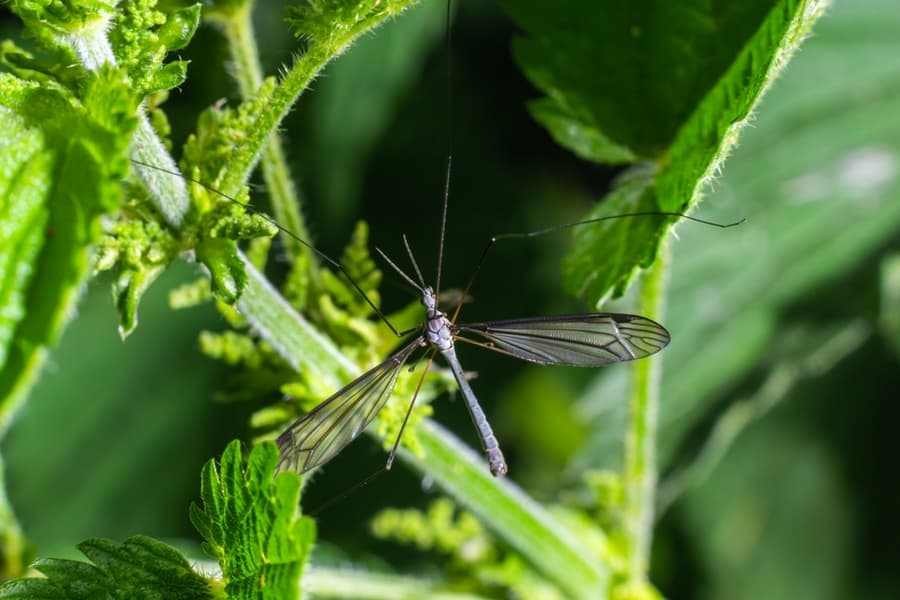
Mosquitoes may be bloodthirsty, but that’s not all they are. Instead, they enjoy a healthy dose of flower nectar and fruit juices, especially male mosquitoes.
Their food search often draws them to potted plants or plants that can provide such nutrients to them. So, it is no surprise that they often linger around your plants.
If your plants are housing mosquitoes, and you wish to keep them away, then keep reading to find simple ways to have mosquito-free potted plants.
Like most insects, mosquitoes are drawn to places or objects that give them access to food, shelter, and or potential breeding spots. However, one thing mosquitoes love above all else is water.
Since potted plants are more likely to collect water and remain waterlogged, they are an ideal vacation spot for mosquitoes.
- Mosquitoes are attracted to water, so getting rid of water spots will make them less attractive to scouting mosquitoes.
- One of the simplest ways to keep your plants away from mosquitoes is to keep them indoors.
- Include mosquito-repelling plants in your garden and around your home.
Poorly maintained lawns or gardens can also serve as breeding grounds for mosquitoes. So it will help if you keep your yard neatly trimmed and maintained.
This article has outlined certain strategies to prevent mosquitoes from living or hovering around your potted plants. We have also added further information about common problems of houseplant owners with mosquitoes.
5 Ways To Keep Mosquitoes Out of Potted Plants
Mosquitoes go out in search of food and water to lay their eggs. And both of these things are often available near potted plants, especially flowering ones.
Flowering plants are nectar-rich and sometimes have aphid honeydew. In addition, pots collect excess water from watering or rainfall.
These benefits make potted plants a target for these annoying flies. But, not to worry, several natural methods help to repel mosquitoes.
You may even have some of these things in your home already. So, choose any method you find easy to apply and watch the mosquitoes disappear.
1. Install a Drain To Collect Excess Water From Pots
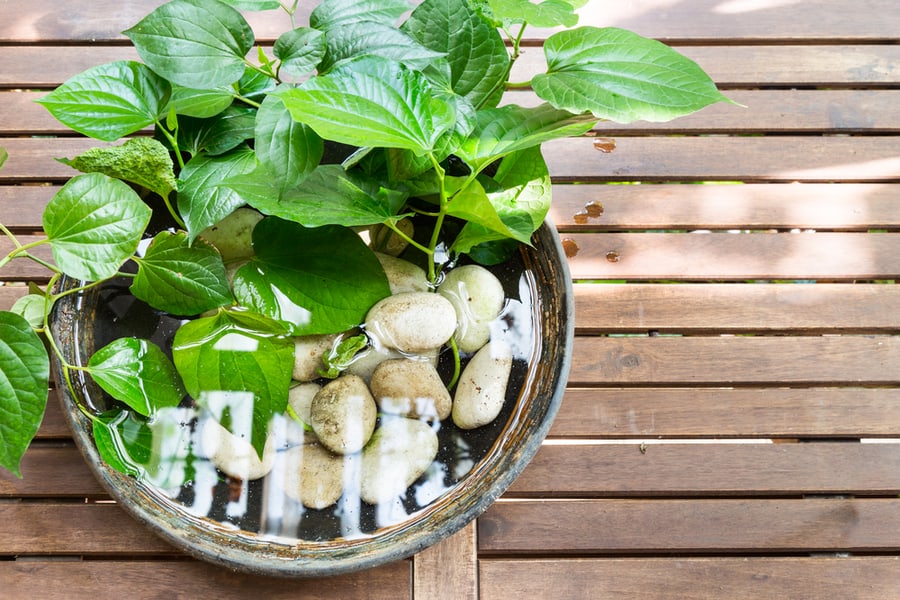
From time to time, you run the risk of over-watering your potted plants. When these plants receive too much water, they could pool around the pot or corners where mosquitoes would make their home.
What you can do to remedy this is to add a drain system to your pots. For example, you could create holes in the bottom of your pot, add a basin to collect the water, and send it through connected pipes or drains.
If your pots are perforated and the water drains into an open container, it would still attract mosquitoes. So, having a drain installed is your failsafe.
2. Grow Mosquito-Repelling Flowers
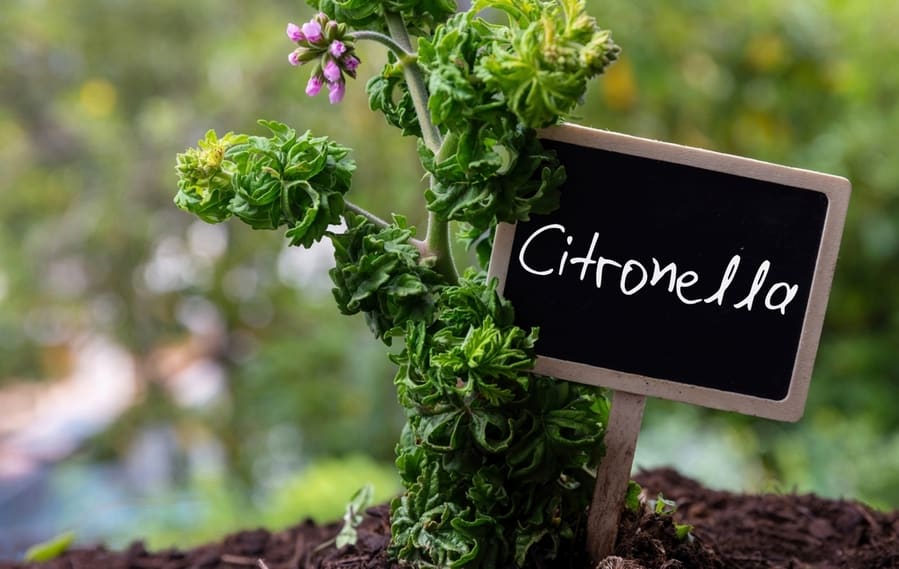
With this option, you get two favors at the cost of one: a mini-redecoration of your home and the exit of those pesky creatures.
Plants like chrysanthemums, marigolds, lavender, rosemary, mints, or lemon balm aren’t just pleasant to the eyes. They work great at repelling mosquitoes and several insects.
So, you can introduce them in your garden or place them in areas you think are prone to mosquitoes.
3. Check and Eliminate Other Sources of Water
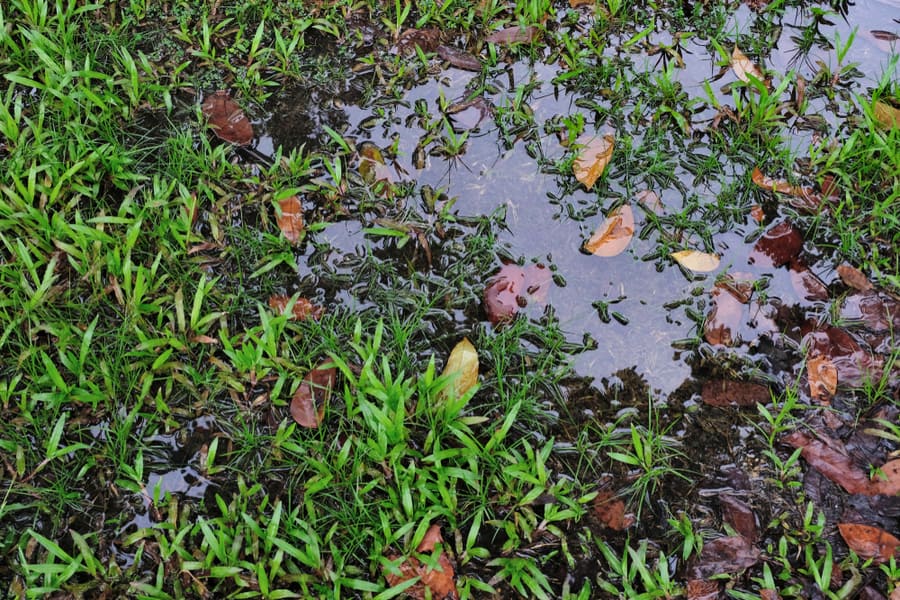
Apart from the fact that plant juices could attract mosquitoes, any sources of stagnant water could encourage them to stay in your garden. And they could travel from your garden to your potted plants at will.
Examples of water sources include drainages and gutters, pet water bowls, buckets around the house that could collect rain, puddles of water in your garden, or even garbage cans.
4. Make Repelling Sprays With Mosquito-Repelling Oils
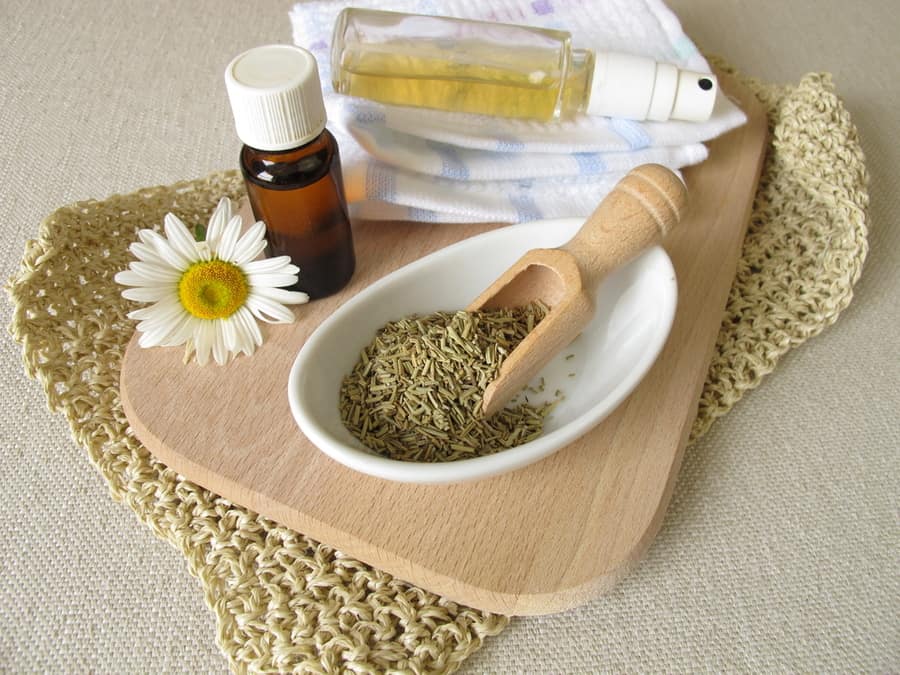
Neem, citronella, lemon eucalyptus, peppermint, sage, tea tree, and geranium oils are great repellents for mosquitoes. You can apply little drops of your preferred oil on window and door frames or the plants.
Remember that you may need to reapply the oils after a few days until you are fully rid of the mosquitoes.
5. Change the Position of Your Potted Plants
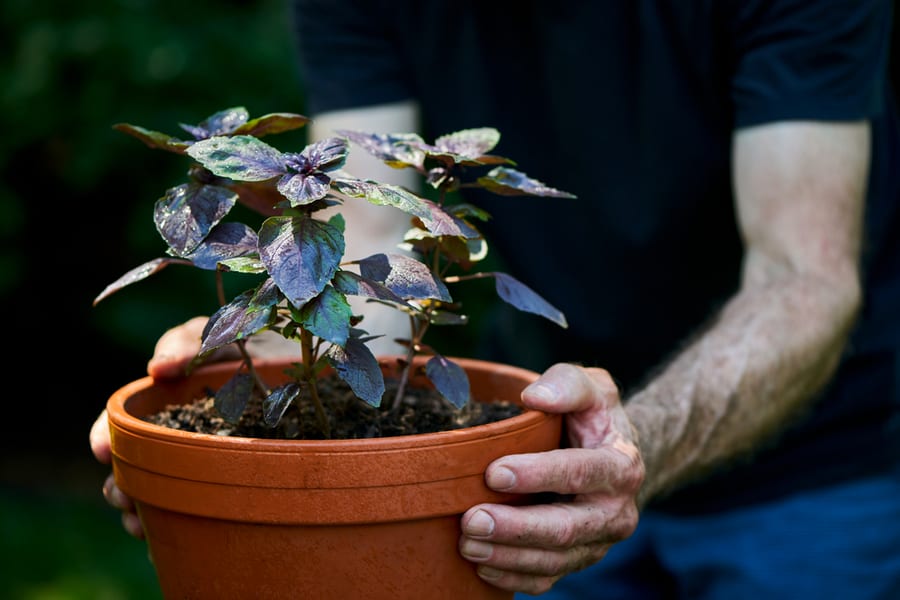
If your plants are in a position where the water reaches them often, for instance, near your sprinklers or close to roof drains, then you should reposition them.
Such spaces would allow unsupervised amounts of water to collect inside the pots, making them suitable for mosquitoes to live in. In addition, female mosquitoes often choose such places to lay their eggs.
This means leaving such places unattended would result in a multiplied mosquito infestation. So, check where your potted plants are placed and reorganize them.
Conclusion
Although it is natural for plants to collect water from time to time, it’s your job as a plant owner to keep things in check. Mosquitoes would disturb not only the peace of your home but also the health of your plants.
So if your plants aren’t doing well, it could be because insects are taking advantage of them and slowly destroying them. So instead of giving up your beloved plants, consider trying one of these tricks.
Something as simple as moving your pots a few inches from your roof drain could make all the difference you need.
Frequently Asked Questions
Do Mosquitoes Live in Potted Plants?
Anything that contains cool or stagnant water is a potential home for mosquitoes. This includes decorative pots around your home, water bowls for your pets, and potted plants.
When mosquitoes lay eggs, they choose places with water because the larvae feed on water organisms as they grow. So, the answer is yes.
Does Garlic Keep Mosquitoes Away?
When crushed, garlic produces a strong odor, which is useful in repelling various pests, including mosquitoes.
Here’s how to repel mosquitoes using garlic:
- First, crush a few garlic cloves, and soak them in water or mineral.
- Allow the mixture to sit for a few hours so the odor becomes well-infused in the water or oil.
- Then, strain the liquid into a bottle and spray it on your plants.


